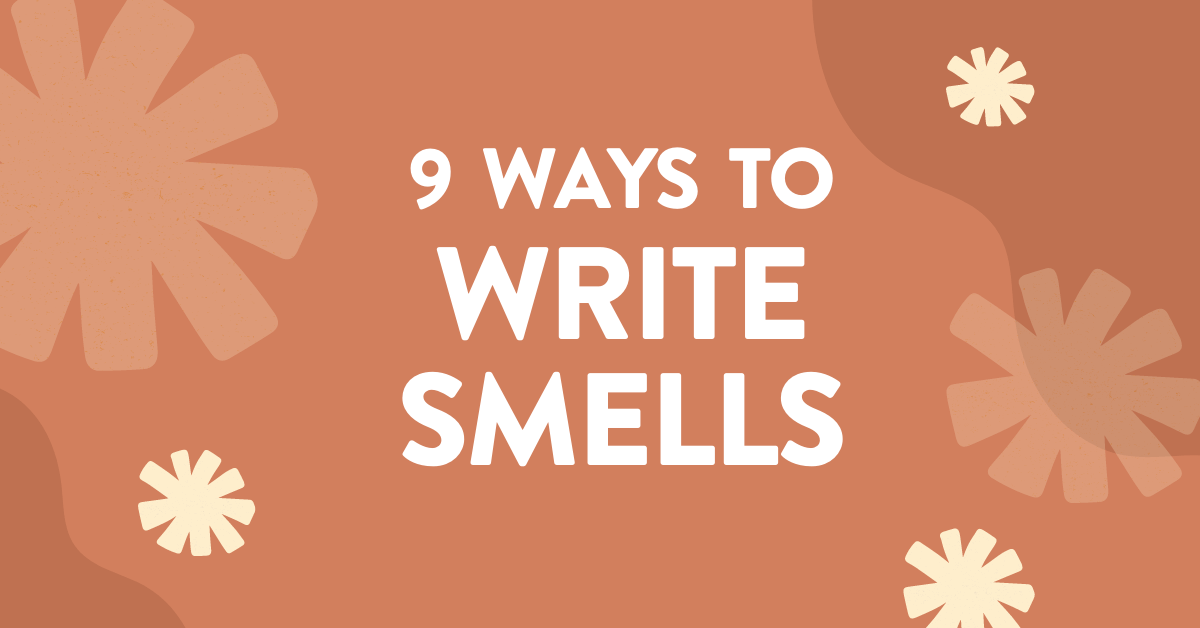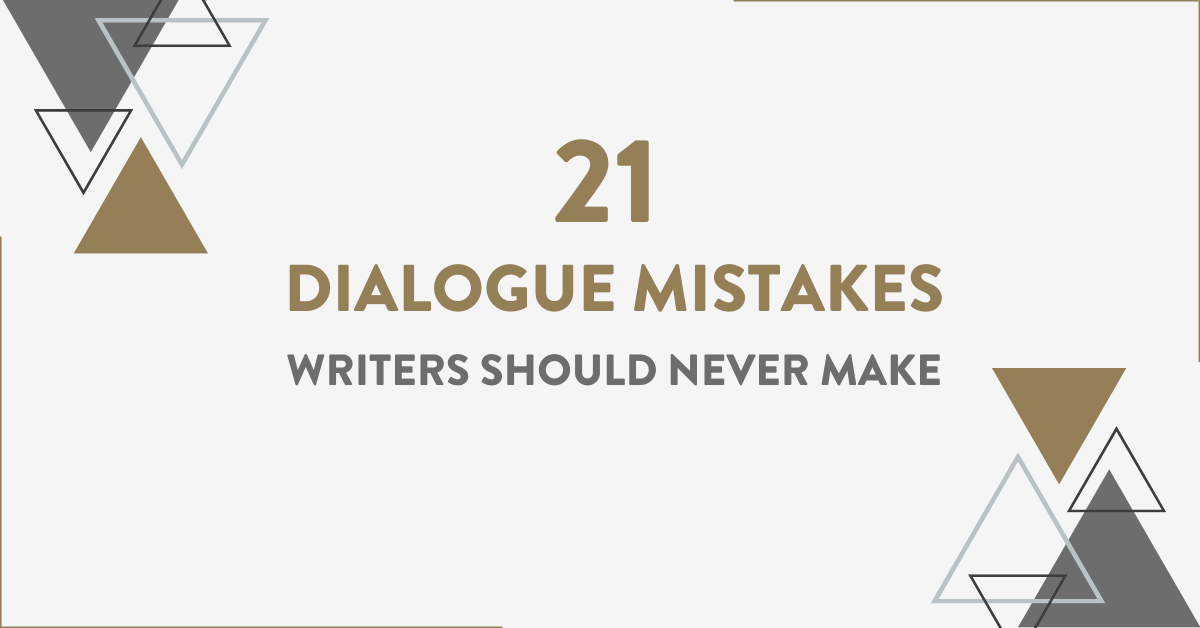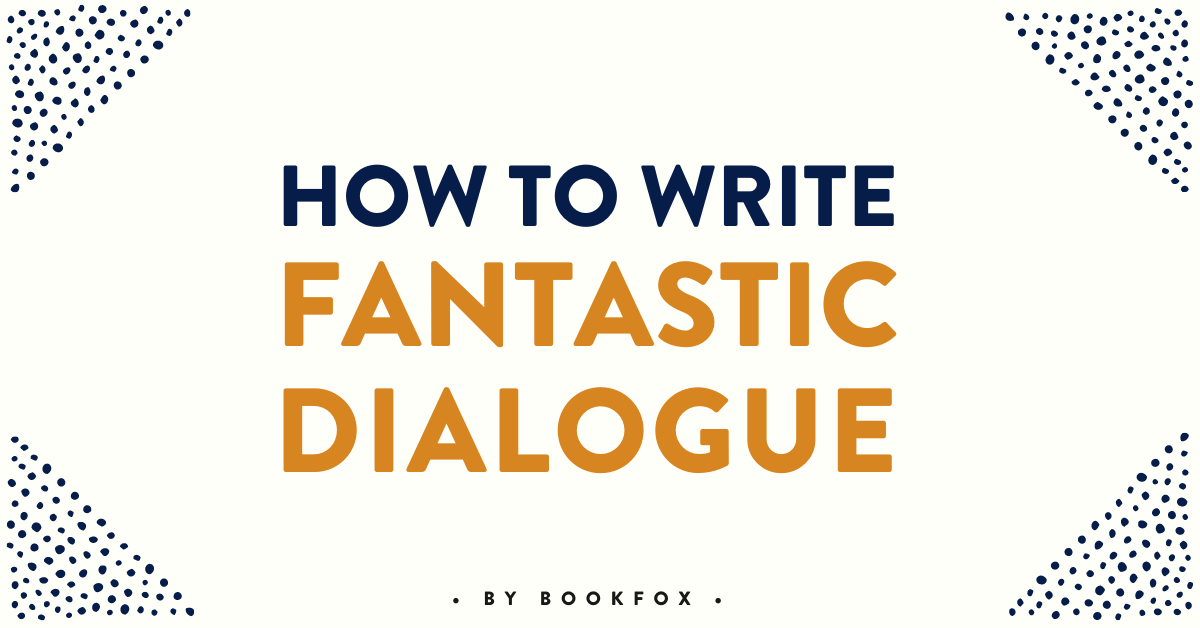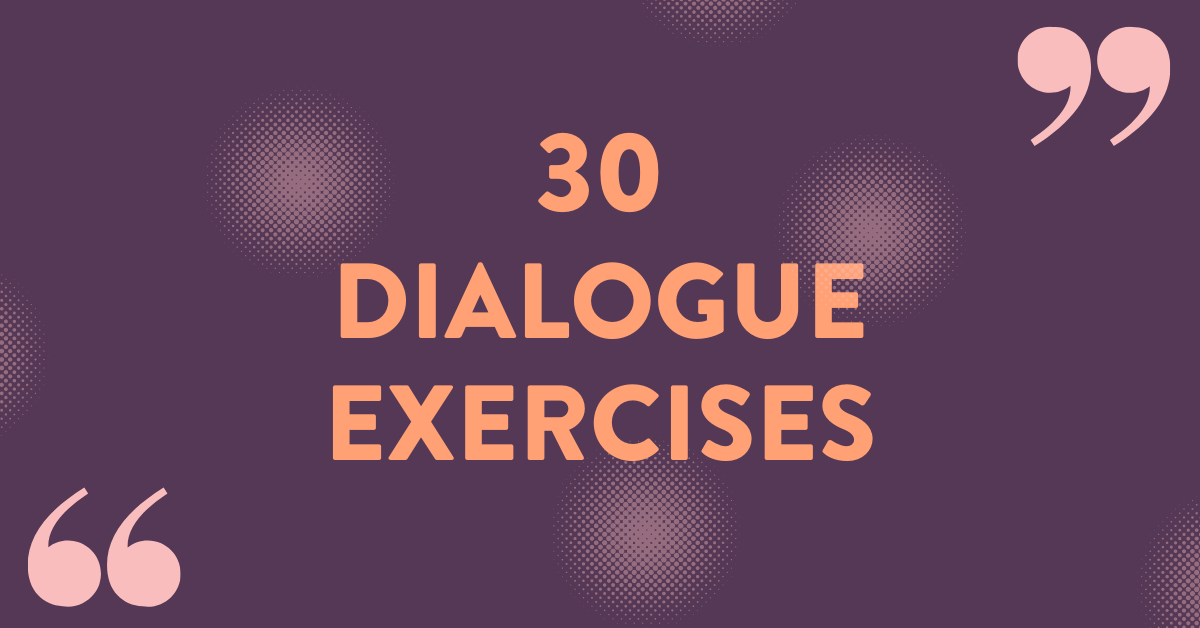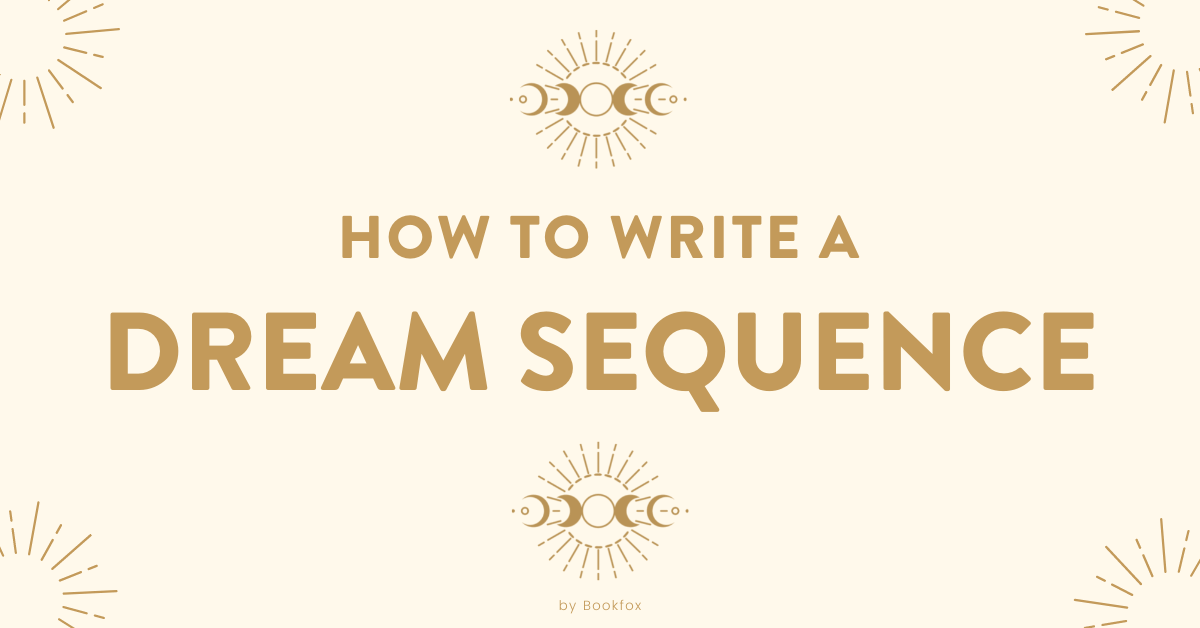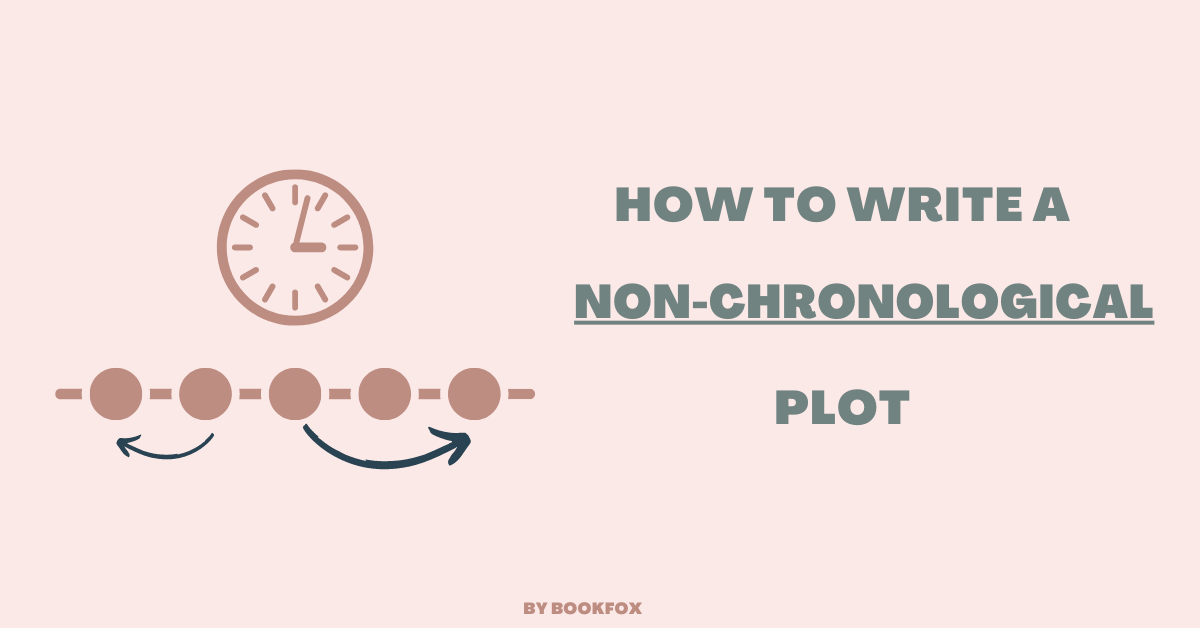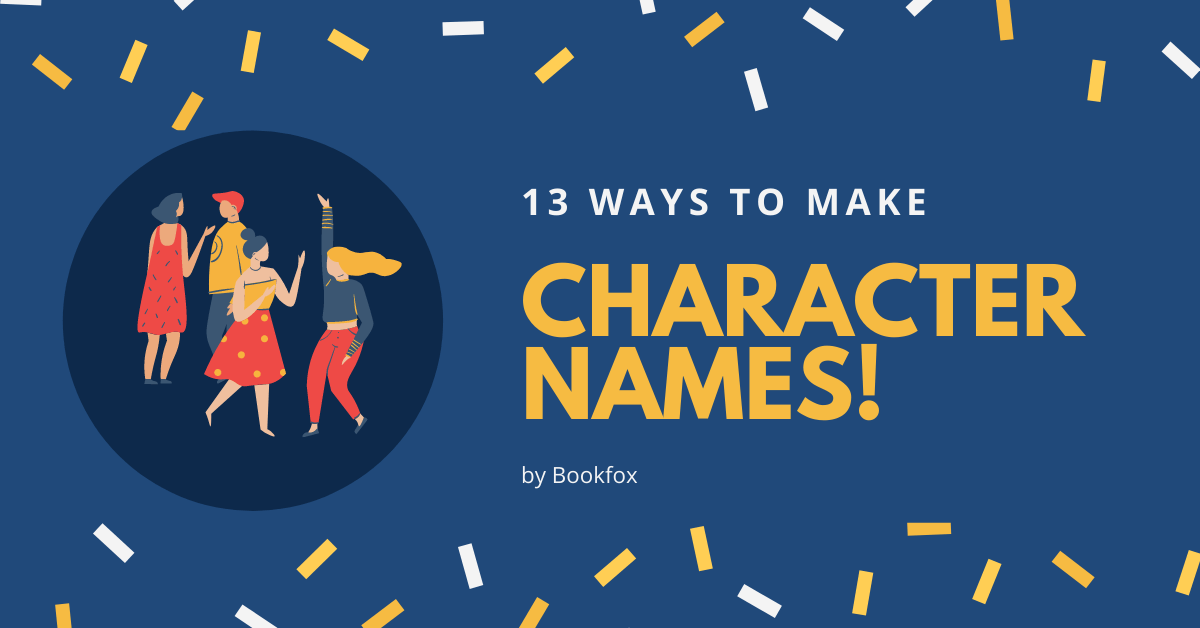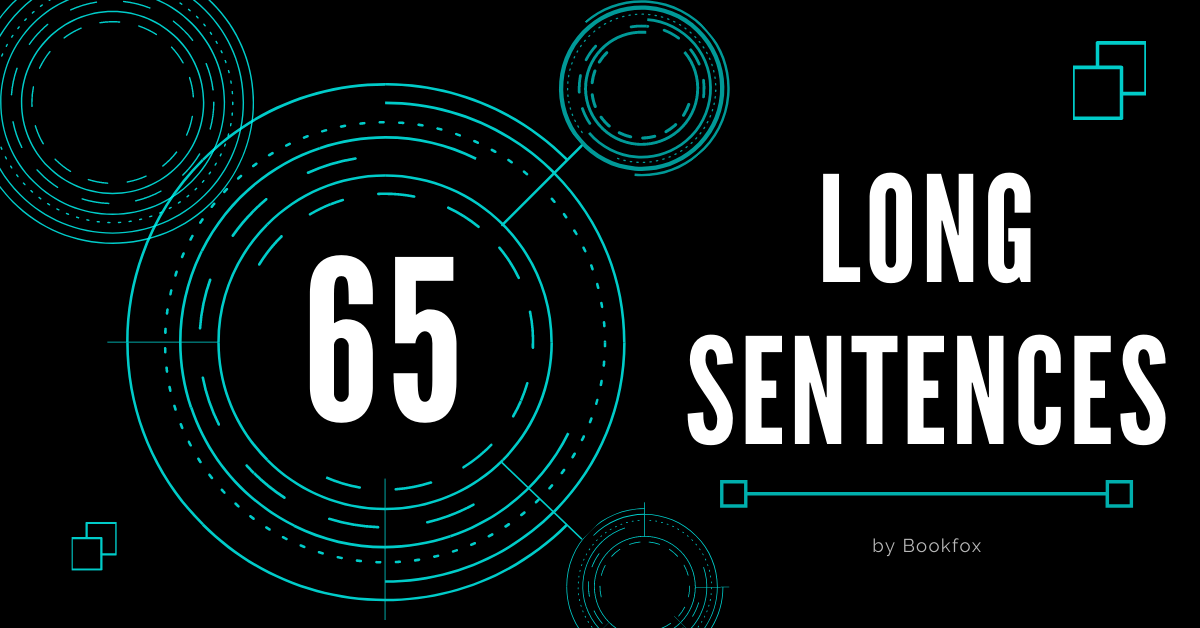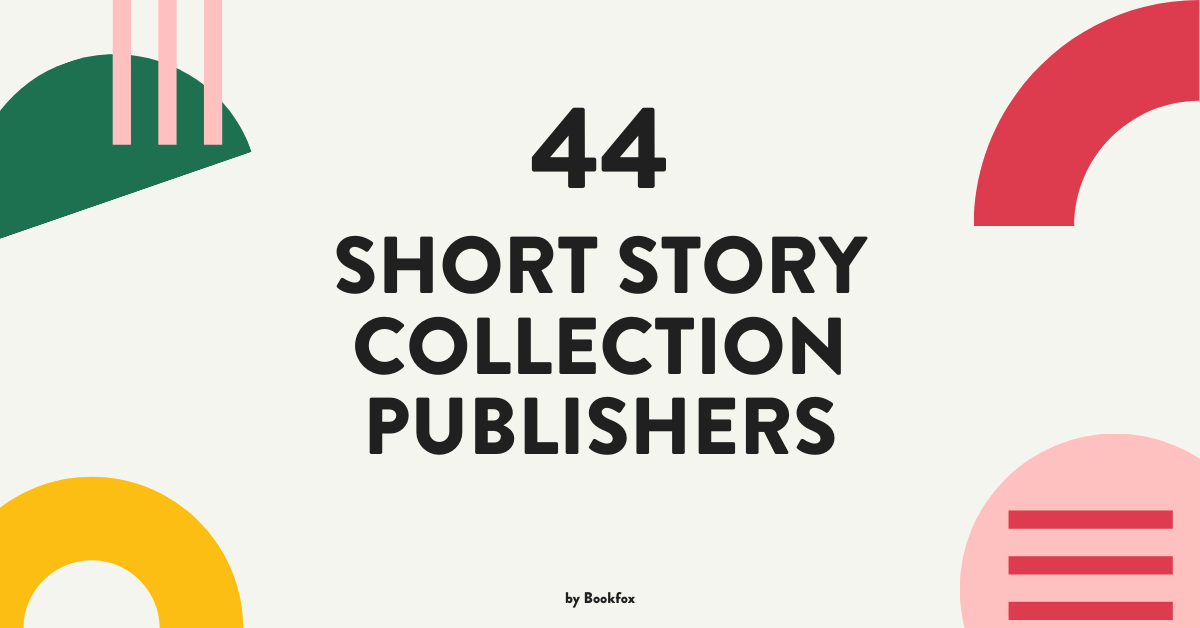Smell is the best sense to use in your writing. Yes: it’s better than sound, better than sight, better than touch. There’s something about smell that bypasses all of the normal roadblocks in our brain and goes straight to memory and animal instincts. It’s primitive. It’s elemental. If you want to really immerse a reader […]
The Blog
- All posts
- All Popular Posts
- Characters
- Children's Books
- Dialogue
- Editing
- Endings
- Literary Agents
- Marketing
- Novels
- Plot
- Point of View
- Publishers
- Short Stories
- Writing Techniques
- Writing Wisdom
- 9 Ways to Describe Scents in your Book

- 21 Dialogue Mistakes Writers Should Never Make

Nothing can ruin a book faster than bad dialogue. It makes readers roll their eyes and give up on your book. Fantastic dialogue, on the other hand, reveals character, gives us a sense of place, provides tension and emotion, and helps move the plot forward. To help you out with writing dialogue, I’m going to […]
- How to Write Fantastic Dialogue: 15 Tips You’ll Never Forget

If there’s one essential element to make your fiction more entertaining, it’s writing better dialogue. Dialogue entertains readers, delights agents, and thrills publishers. If you have fantastic dialogue, it will cover a multitude of narrative sins. I’d recommend bookmarking this post so you could come back to it (because I’m about to download a massive […]
- 30 Dialogue Exercises to Light Up Your Fiction

If you want practice writing some dialogue, these exercises will stretch your creative writing muscles. More importantly, you’ll learn techniques that you can apply to all your future dialogue writing. If you want to see examples of dialogue, please visit my post on 50 Examples of Dialogue Writing. Otherwise, please read on and make sure […]
- 8 Ways to Write a Dream Sequence

It’s easy to hate dream sequences in a novel. I mean, how many bad dreams sequences have you read? I’ve read a ton, and that’s why for so long I was resistant to teach other writers how to use dreams, and refused to use them in my fiction. But after continuing to see dreams in […]
- How to Write a Non-Chronological Plot

Stories are chronological. One event happens after another. However, this does not mean that stories have to be told chronologically. Engaging novels often contain scenes which are presented in a different order than they occur in time. Plots using this technique are called non-chronological or non-linear. Sometimes they are described as disjointed or fractured narratives. […]
- 13 Strategies to Create Character Names

Most people have trouble coming up with cool character names, which is why some kids end up with names like Vagena (true story) or Gaylord (Gaylord Focker is truly the worst name ever). But for fiction writers it’s harder because you have to come up with a dozen or so character names for every single […]
- 65 Long Sentences in Literature

Here are 65 examples of long sentences ranging from the relatively brief 96 words to one of the longest sentences at 2,156 words. Almost all of the really long sentences are under 1,000 words. The six longest sentences (1,000+ words) are mostly a curiosity, just to see what is possible. I hope students of writing can study these sentences to […]
- 44 Publishers Looking for Short Story Collections

This is a list of publishers seeking short story collections, and it’s the most comprehensive list on the internet. I’ve read short story collections from most of the publishers on this list and altogether they are publishing some of the best short fiction on the planet. Despite all the doom and gloom surrounding the publishing […]
